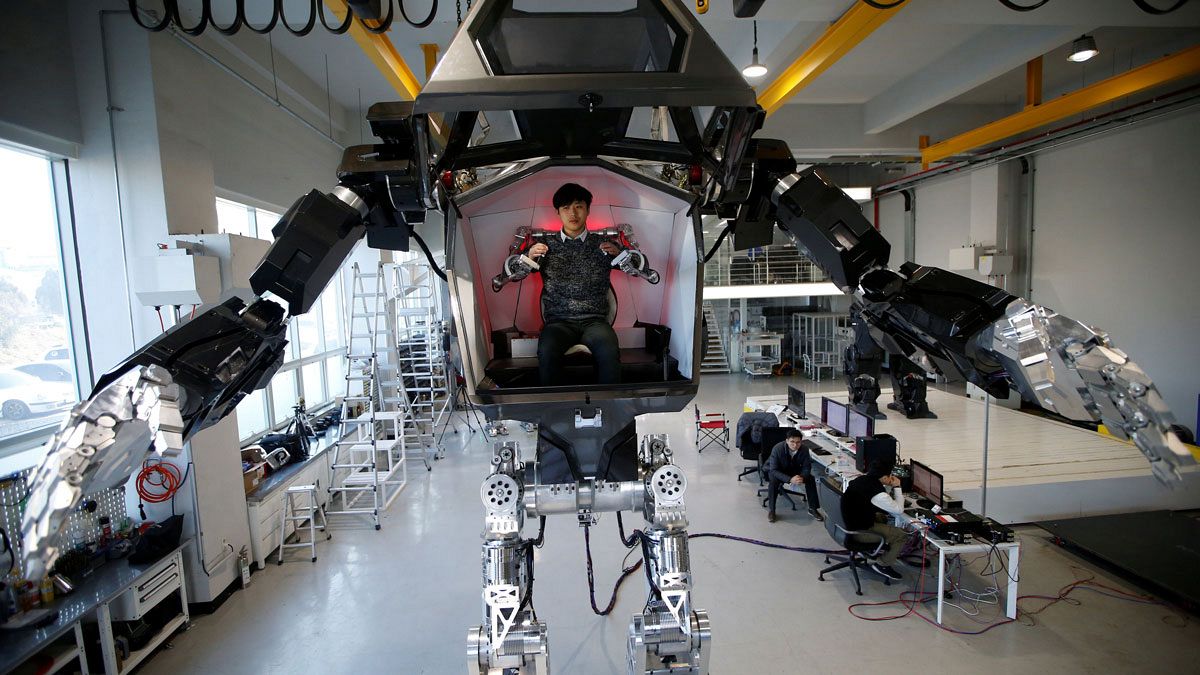By Sean Welsh, researcher in robot ethics at the University of Canterbury, New Zealand Robots will replace many humans: perhaps most humans in the workplace.
By Sean Welsh, researcher in robot ethics at the University of Canterbury, New Zealand
Robots will replace many humans: perhaps most humans in the workplace.
Automation has been eliminating human jobs since the Industrial Revolution. Human drivers will soon become obsolete, along with human bricklayers. Indeed even high-status “cognitive” jobs in law and medicine are threatened by robotic replacements.
Oxford Business School writers Carl Frey and Michael Osborne predict massive technological unemployment over the next 20 to 30 years. Something like half to three-quarters of existing human jobs are “vulnerable to automation” they say.
The question is: will new jobs be created in large enough numbers to replace those lost to robots?
Time will tell. If Frey and Osborne are right, as the payback time on robots shrinks and their capabilities expand, it will become increasingly rational for businesses to stop hiring humans and to buy robots to labour instead.
So, for example, we should see autonomous trucks put human truck drivers out of work. Robots might unload and load trucks in warehouses too. They might even replace front line customer service staff in shops.
Such developments would put millions out of work. What will all these people do instead? If there are fewer new jobs created to replace those lost, we can expect to see unemployment grow at a steady rate as workers are gradually replaced by robots.
The robot threat to employment will move at a relatively slow pace, though. If the predictions start to come true, politicians and society will have several years to grapple with the question of how to handle increasing technological unemployment.
Tim Dunlop, author of Why the Future is Workless, says governments have to stop pretending the jobs are going to come back and start thinking seriously about a post-work world. Like many, he advocates a universal basic income as a policy measure to enable the transition of society to a world where work is no longer a major part of the typical human day.
Predictions are not facts though. It may be there is nothing to worry about. Business may create new jobs, as yet undreamt of, fast enough to replace the old jobs.
However, observers point to recent trends in technology. Tech start-ups achieve massive valuations with tiny numbers of staff. YouTube, Instagram and WhatsApp were bought for billions but they employed dozens not thousands of people. There are fears the relatively few new high-tech jobs will be out of reach for the masses of displaced truck drivers, shop assistants and warehouse workers.
If unemployment increases to 1 in 10 and then 1 in 5 and gets to a point where 1 in 2 humans or 2 out of 3 humans are out of work with no realistic hope for future employment because robots can labour faster, cheaper and 24/7 without complaint, the strains on the welfare budgets of governments will become ever larger.
Martin Ford, author of The Rise of the Robots, tells a story about Henry Ford II and Walter Reuther, head of the United Auto Workers union. They were touring a new automated car manufacturing plant. Ford taunted Reuther: “Walter, how are you going to get these robots to pay union dues?” Reuther came right back. “Henry, how are you going to get them to buy your cars?”
This, I think, is the real rub. If robots create a situation where human labour is no longer competitive with robot labour, then human labour’s share of national income will plummet. The French economist, Thomas Piketty, has argued that capital’s share of national income is increasing already. On Piketty’s analysis, society is trending back towards the extreme wealth inequalities that existed in the time of Austen and Balzac. Robots may exacerbate this. If robots (labouring capital) can replace labour entirely, it may be that labour’s share of national income will trend towards zero. Who then will buy the products made by robots?
For this reason, many suppose capital will come to support a UBI. The alternatives are to foot ever larger welfare bills through taxation or the acceptance of anti-robot protectionist policies to maintain mass markets with income sufficient to buy what capital produces.
It is true that robots will replace many humans. The question is whether enough new jobs will emerge to replace those lost to robots. If the answer to this question is no, if the jobs are going and not coming back, society faces a huge policy challenge.
By Sean Welsh, researcher in robot ethics at the University of Canterbury, New Zealand
The views expressed in opinion articles published on euronews do not represent our editorial position.
